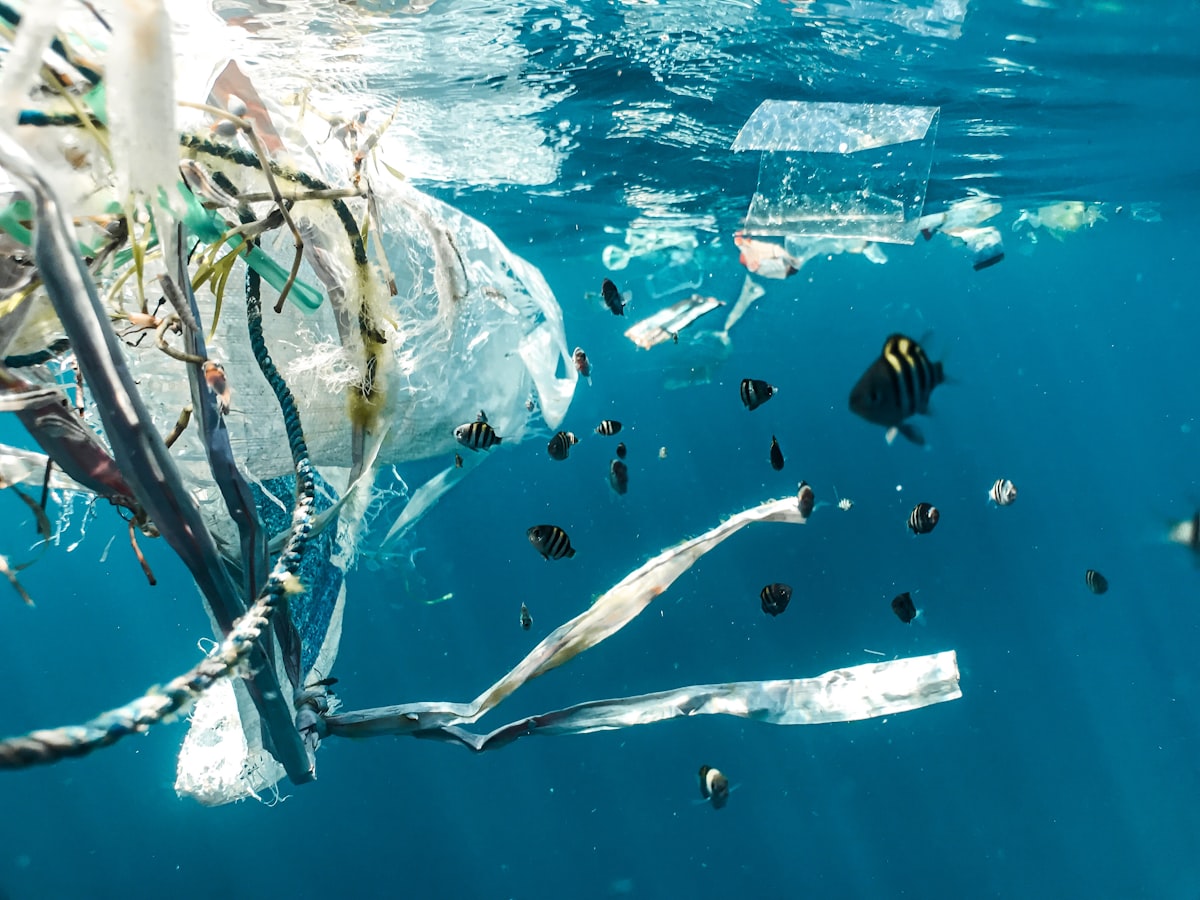Extended Producer Responsibility (EPR): Shifting the Responsibility for Waste Management

In the modern era of consumerism, waste management has become a pressing concern. As landfills overflow and oceans get choked with plastic, the need for sustainable waste management practices has never been more urgent. Enter Extended Producer Responsibility (EPR) – a policy approach that shifts the responsibility of post-consumer waste management from municipalities to the very producers who introduce products into the market. This article delves deep into the concept of EPR, its benefits, challenges, and global implementations.
Extended Producer Responsibility is rooted in the "polluter pays" principle. It mandates producers to take responsibility for the environmental impact of their products, not just during production, but throughout the product's life cycle, especially its end-of-life.
Key Features of EPR
- Take-back Systems: Producers are required to set up systems to take back used products from consumers.
- Recycling Targets: Producers must achieve specified recycling rates for their products.
- Eco-design: Encourages producers to design products that are easier to recycle or have a reduced environmental impact.
- Economic Instruments: Implementation of fees or deposits to promote product returns.
Benefits of EPR
- Reduction in Waste: By making producers responsible, there's a direct incentive to reduce waste and promote recycling.
- Innovation in Product Design: Encourages the creation of sustainable, recyclable, or biodegradable products.
- Financial Relief for Municipalities: Reduces the financial burden on local governments for waste management.
- Consumer Awareness: Elevates consumer awareness about sustainable disposal and the environmental impact of products.
Challenges of EPR
- Implementation Hurdles: Setting up take-back systems can be logistically challenging, especially for small producers.
- Varied Global Standards: EPR regulations vary across countries, making it complex for multinational companies.
- Potential for Greenwashing: Companies might make superficial efforts just to comply, without substantial environmental benefits.
EPR Around the World
Countries like Germany, Sweden, and Canada have been pioneers in implementing EPR policies, especially for packaging, electronics, and batteries. The European Union has also set ambitious targets under its Circular Economy Action Plan, emphasizing EPR's role.
Conclusion: A Step Towards a Circular Economy
Extended Producer Responsibility is not just a policy tool; it's a step towards creating a circular economy where products are designed for longevity, reuse, and eventual recycling. By holding producers accountable for the end-of-life of their products, EPR paves the way for a more sustainable and waste-free world.

Comments ()